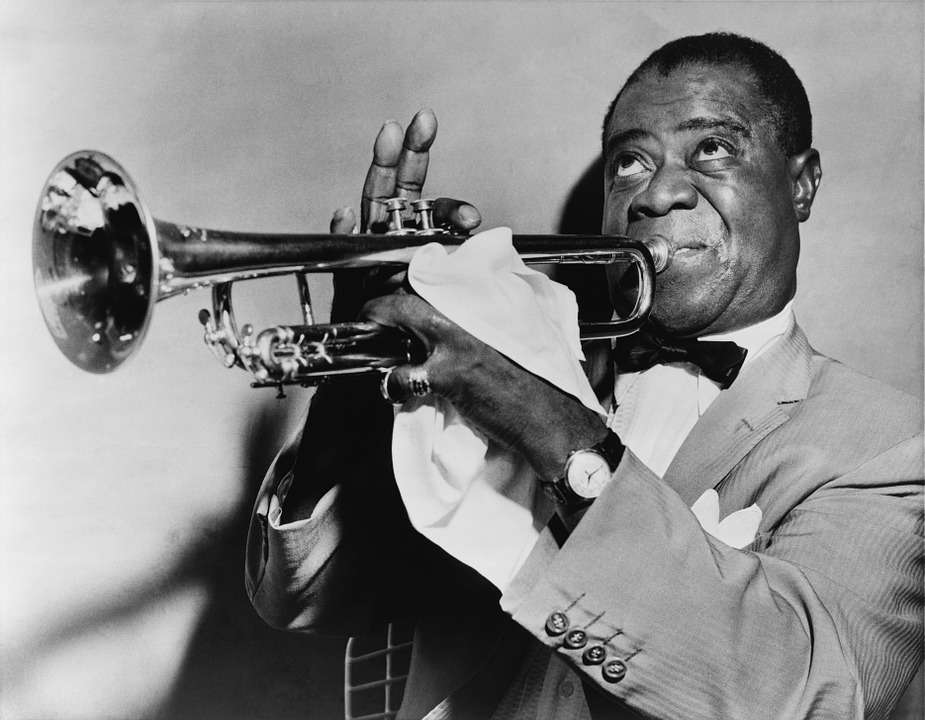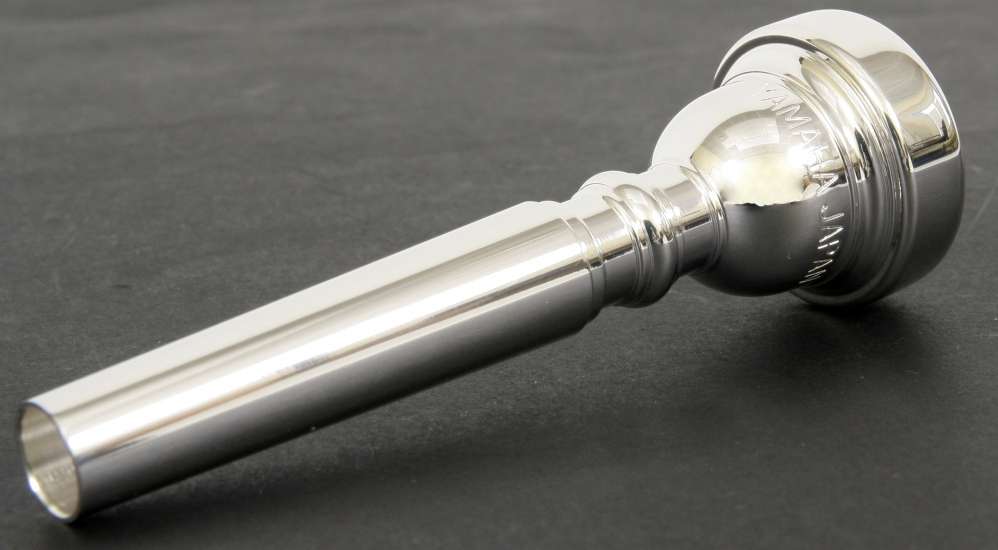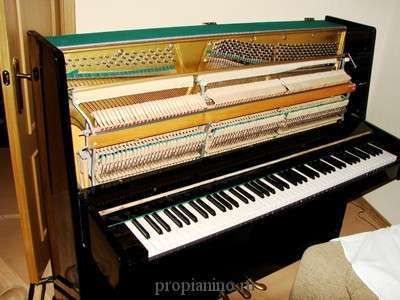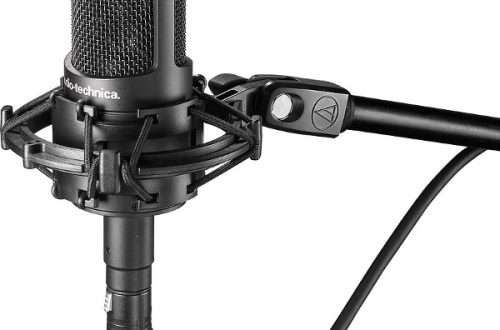
How to choose a mouthpiece for a trumpet?
 The mouthpieces for the trumpet are a separate element of this instrument, which can be changed depending on the expected timbre. At the same time, it is one of the most important elements of the trumpet, because properly adjusted it allows you to freely play the trumpet, music from various repertoires. The better it fits, the more possibilities we have. Therefore, many musicians who play these instruments as they develop, pay great attention to the right mouthpiece selection so that they can use their acquired skills as much as possible. Hence the conclusion that if we want to obtain a satisfactory sound on our instrument, it should be well suited.
The mouthpieces for the trumpet are a separate element of this instrument, which can be changed depending on the expected timbre. At the same time, it is one of the most important elements of the trumpet, because properly adjusted it allows you to freely play the trumpet, music from various repertoires. The better it fits, the more possibilities we have. Therefore, many musicians who play these instruments as they develop, pay great attention to the right mouthpiece selection so that they can use their acquired skills as much as possible. Hence the conclusion that if we want to obtain a satisfactory sound on our instrument, it should be well suited.
How do I find the right mouthpiece?
Finding the right mouthpiece should be one of the most important steps in our education. Unfortunately, during our search, it may turn out that finding the right mouthpiece is even more difficult than finding the right instrument. First of all, remember that the selection of the mouthpiece is a very individual matter and you should not be guided only by the fact that, for example, your friend, colleague or teacher plays on this or that model. Just because he plays it well does not necessarily mean that you will enjoy it as well. Here you have to make your own choice, because no one else but you knows what your subjective feeling is with a given mouthpiece. The only solution is to test different mouthpieces, which is also a very developing experience, and this activity will help you find the one on which you will sound best.
The advantages of having a good mouthpiece
Having a properly selected mouthpiece has many advantages. First of all, the richness of the sound intensity and light emission in all registers are achievable, among others, thanks to a properly selected mouthpiece. It will help you achieve lightness in both the lower and upper registers of the scale, which makes the sound multidimensional and the harmony with other instruments more harmonious. Of course, apart from the right size of the mouthpiece, the design of the mouthpiece itself has a huge impact on all this. Such individual elements as the rim, cup and the passage of the mouthpieces for trumpets are the determinants of the craftsmanship of their creators. This craftsmanship affects not only the quality of the sound, but also positively for the entire period of use, and the final reflection is the satisfaction of the audience.
Criteria of choice
A classic trumpet mouthpiece is usually not very big, but in the end it is up to us to decide how small it should be. The one that we manage to perfectly match should perfectly match the structure of our lips. Therefore, depending on whether we have large, small or narrow lips, we should also test these mouthpieces. The structure and arrangement of our teeth are also marked, as their arrangement also plays a significant role in the process of producing sound from the trumpet.

First of all, the mouthpiece should be played comfortably in each register. The comfort of playing will directly translate into the quality of the sound produced. We should not feel discomfort because it is too shallow or too deep. Of course, it is rarely the case that everything fits us 100% right away, especially if we decide to use a completely different mouthpiece than the one on which we have played so far. You should leave some sensible and delicate margin to give our lips a chance, which also need to get used to the new mouthpiece.





